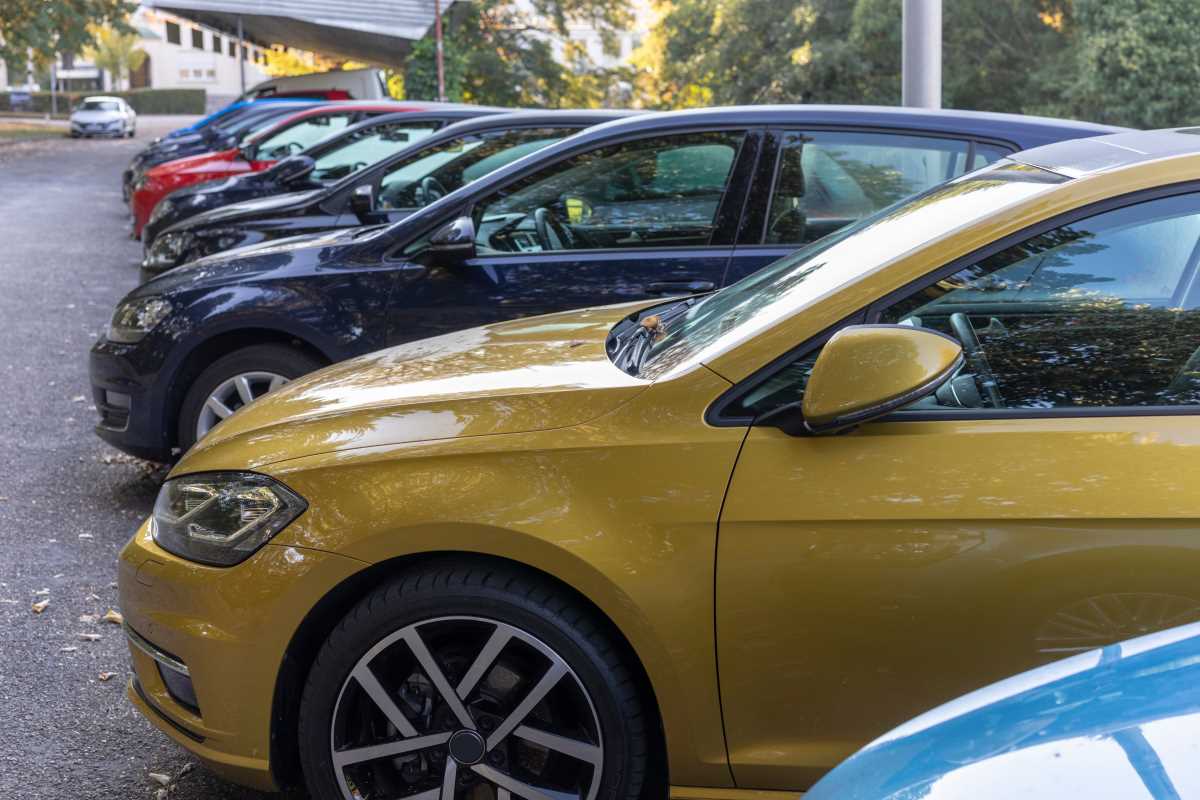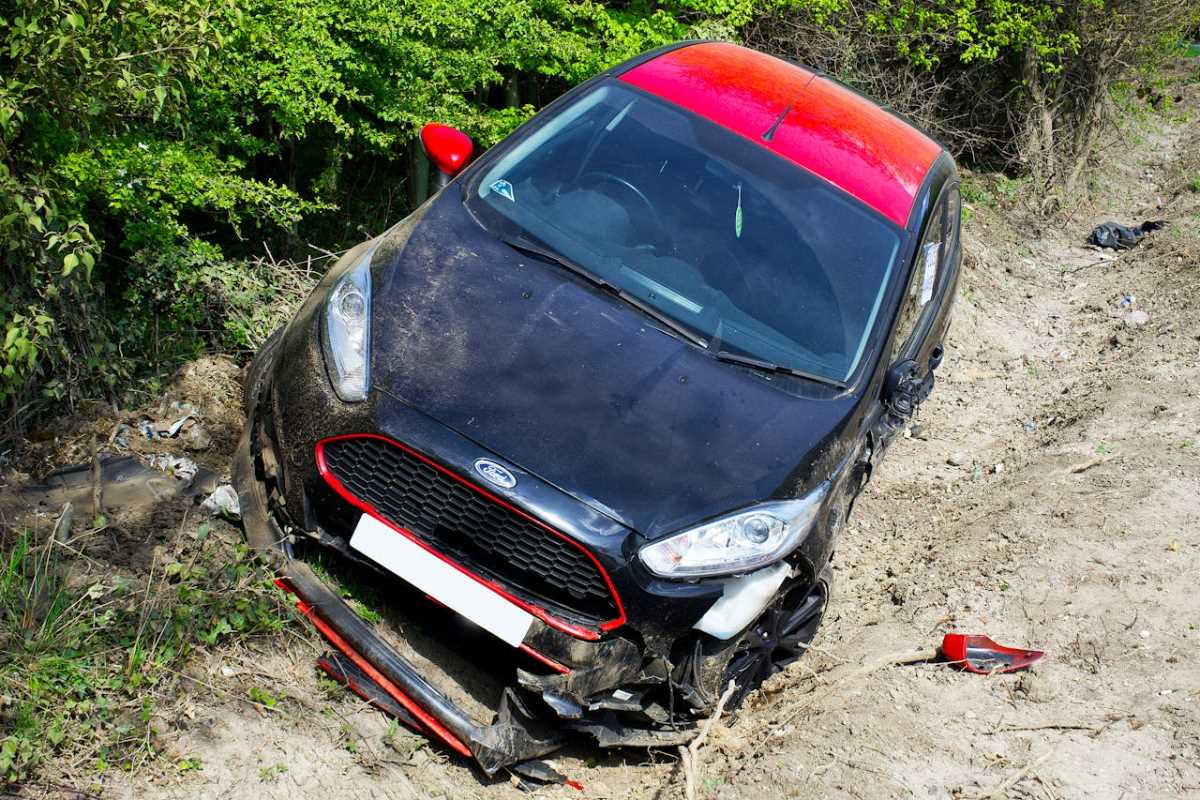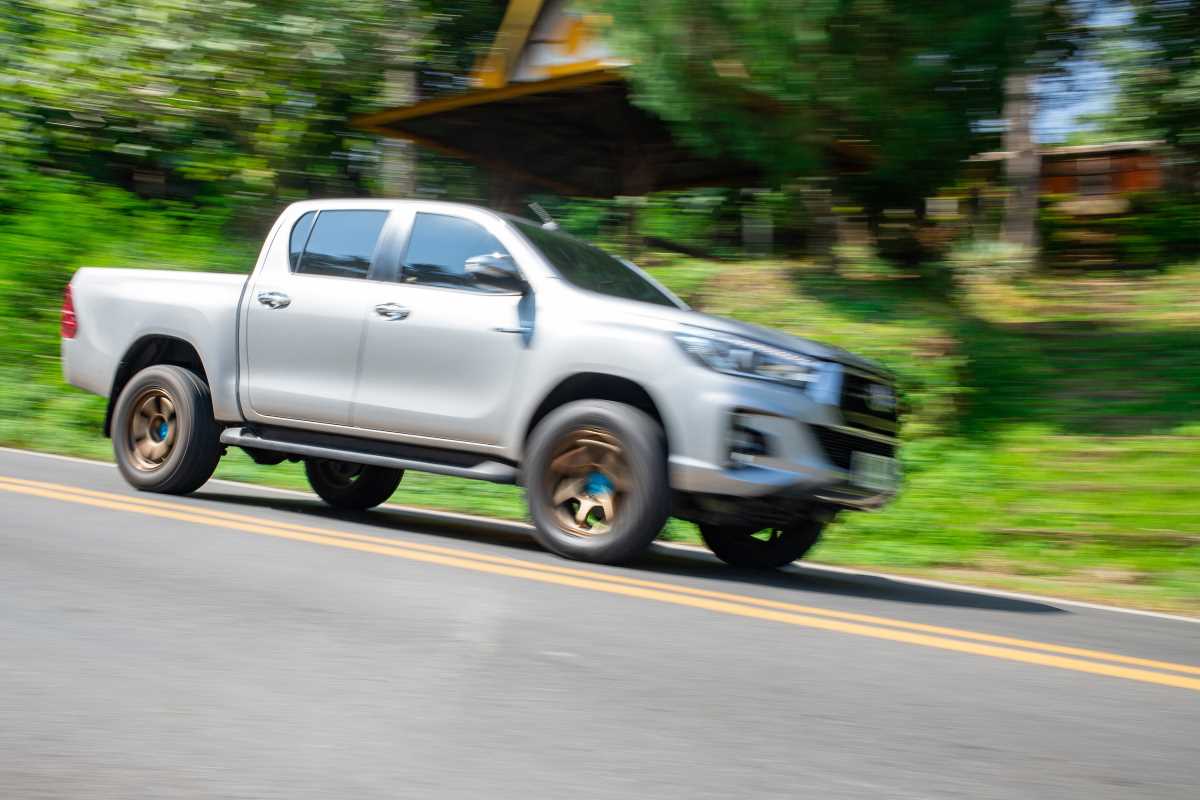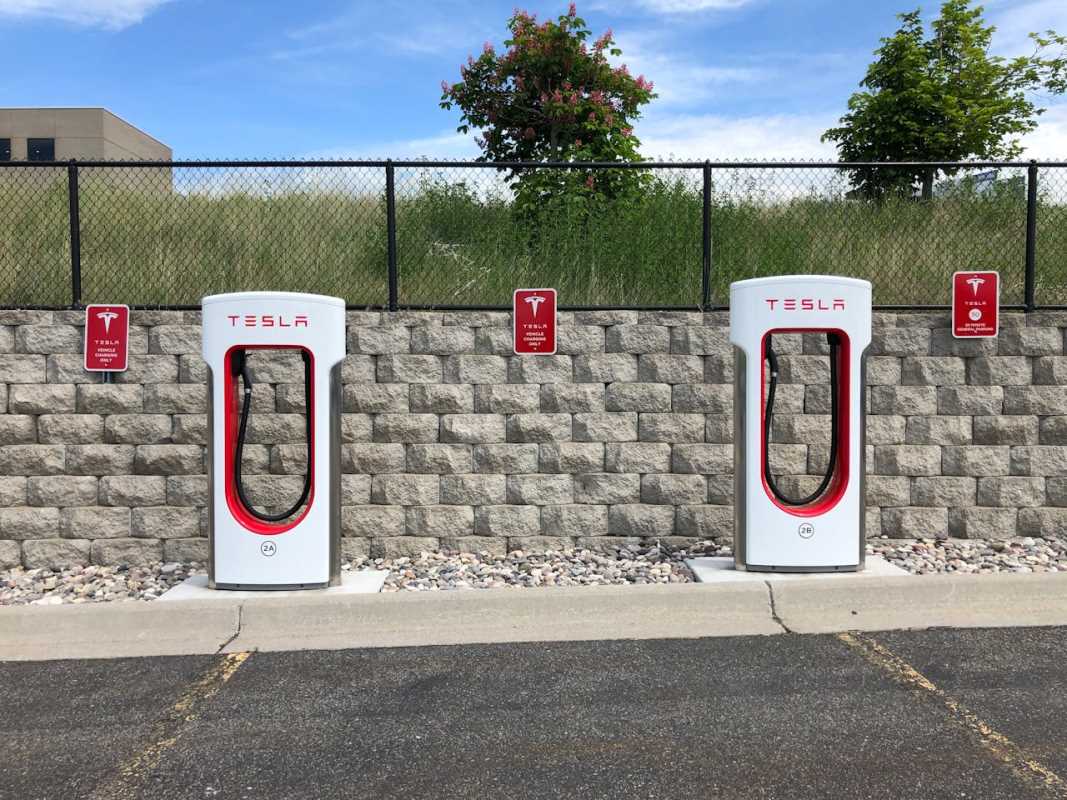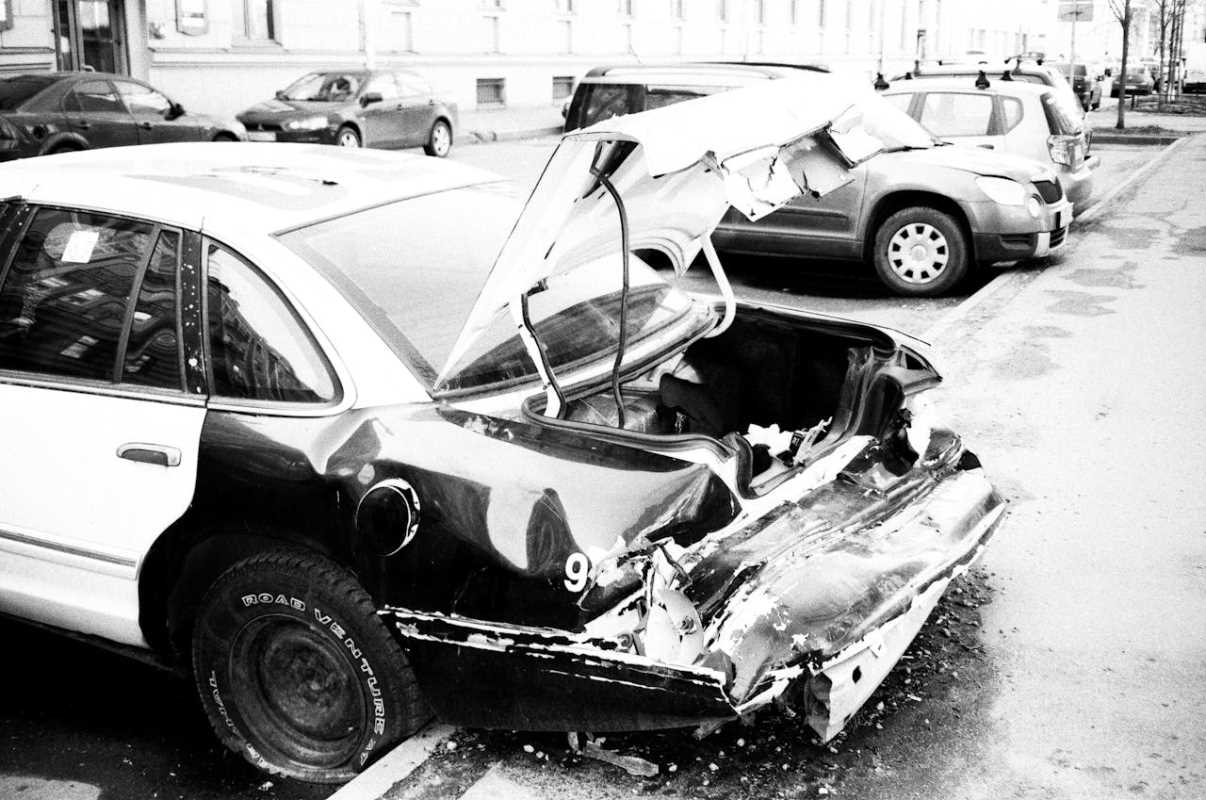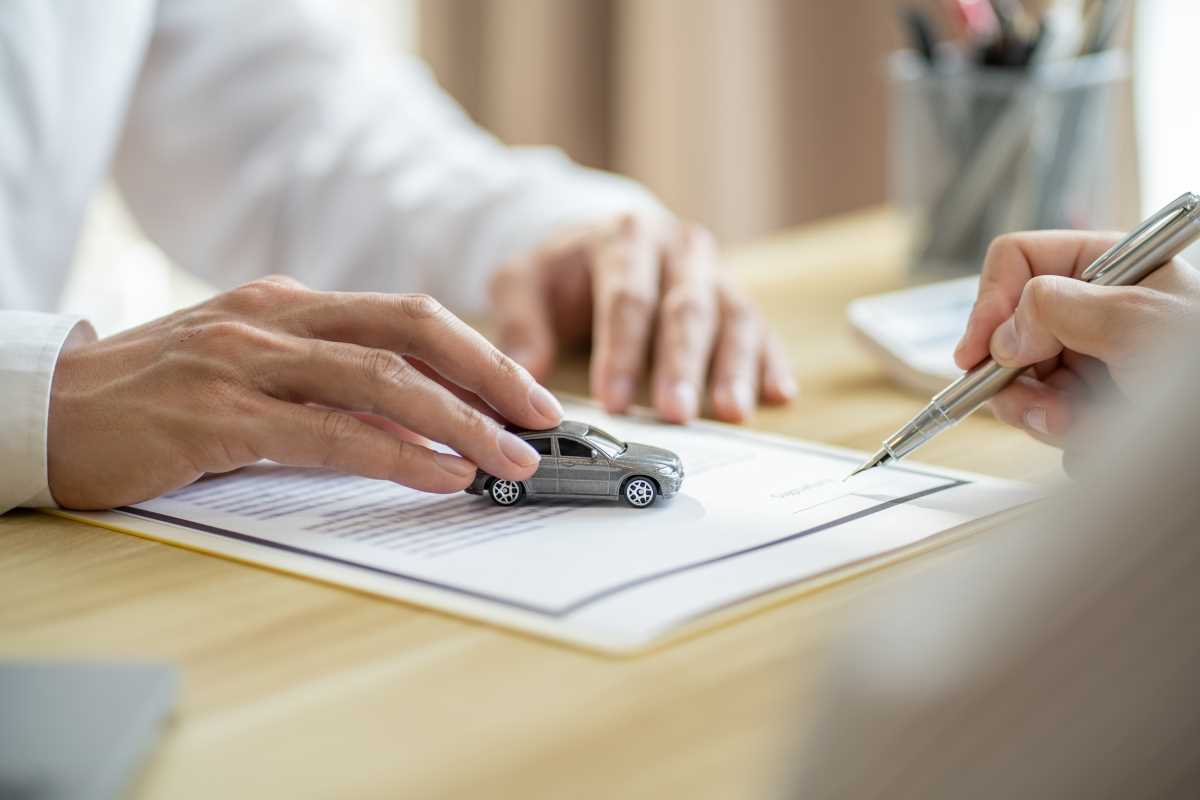Your car insurance policy is a pact between you and your provider, built on trust and honesty. You agree to pay your premiums, and in return, your insurer agrees to provide financial protection after an accident. This agreement is a safety net that gives you confidence on the road. However, certain actions can break this trust and lead to your policy being voided or a claim being denied. Sometimes, the reasons are obvious, but other times, they can be quite surprising. We’ve got you covered with a guide to some of the less common things that could put your coverage at risk, helping you stay protected and informed.
What Does It Mean to Void a Policy?
First, let's get clear on what "voiding a policy" means. When an insurance company voids your policy, it's as if the contract never existed. This action is usually taken when the insurer discovers misrepresentation or fraud—meaning, incorrect information was provided when the policy was purchased or a claim was filed. This is different from a non-renewal, where the insurer decides not to extend your coverage after the policy term ends. A voided policy can have serious consequences, leaving you personally responsible for all damages and costs from an accident and making it harder to get affordable insurance in the future.
Using Your Personal Car for Business
One of the most common but often overlooked issues is using your personal vehicle for business purposes. Your standard auto policy is priced based on personal use—commuting to work, running errands, and going on road trips. It does not account for the increased mileage and risks associated with commercial activities.
What Counts as Business Use?
This goes beyond just driving to an office. We're talking about activities where the vehicle is central to earning income.
- Ridesharing: Driving for services like Uber or Lyft puts you in this category. While these companies provide some insurance, it often only applies during specific periods (like when a passenger is in the car). Your personal policy will likely not cover you while you're waiting for a ride request.
- Food or Package Delivery: Delivering pizzas, groceries, or packages for a service like DoorDash or Instacart is considered commercial use. The constant stopping, starting, and driving in busy areas increases your risk profile significantly.
- Other Commercial Activities: This could include being a freelance photographer who drives to gigs, a real estate agent showing properties, or a contractor hauling tools and materials.
We encourage you to be upfront with your insurer. If you use your car for work, you may need a commercial auto policy or a special add-on (endorsement) to your personal policy. It’s a simple conversation that ensures you’re properly covered.
Inaccurate Parking Information
Where you park your car each night, known as your "garaging address," is a key factor in determining your premium. Insurance rates are calculated based on the risks associated with a specific zip code, including rates of theft, vandalism, and accidents. Providing an incorrect address to get a lower rate is a form of misrepresentation.
For example, you might live in a dense urban area but tell your insurer you park your car at your parents' house in a quiet suburb to save money. An accident could reveal the discrepancy. An adjuster might review your driving patterns through a telematics device or see that the accident occurred far from your listed address. This could lead to a denied claim or a voided policy. We’re here to help you get the right coverage, and that starts with having accurate information.
Unlisted Drivers in Your Household
Your policy needs to account for everyone who regularly drives your vehicles. This includes your spouse, licensed children living at home, and even a roommate who occasionally borrows your car. Each driver's record and experience level affects the overall risk, so insurers need this information to price your policy correctly.
Failing to add a licensed driver in your household can lead to trouble. Imagine your teen gets their license, but you don't add them to the policy to avoid the premium increase. They get into an accident. The insurance company will investigate and discover an unlisted, high-risk driver was operating the car. They could deny the claim entirely, leaving you responsible for all the costs. It's always better to add all household drivers to your policy and then explore available discounts, like the good student discount, to manage the cost.
Custom Modifications and Upgrades
Many people love to personalize their cars with custom parts and modifications. This could include anything from a powerful new sound system and expensive rims to engine enhancements and custom paint jobs. While these upgrades can make your car unique, they can also affect your insurance.
Standard auto policies typically only cover the factory-installed components of your vehicle. If your car is in an accident, the insurer will only pay to repair or replace it with standard parts. Your $5,000 custom stereo system or $3,000 rims won't be covered. In some cases, certain performance-enhancing modifications that significantly alter the car's speed or handling could even void your policy if not disclosed, as they change the vehicle's risk profile.
The solution is simple: talk to your agent. You can often purchase additional coverage, sometimes called "custom parts and equipment" (CPE) coverage, to protect your investment in these upgrades.
Participating in Racing or Speed Contests
This one might seem obvious, but it's worth stating clearly. Your personal auto insurance policy does not cover you for any kind of racing, whether on a professional track or in an illegal street race. The policy explicitly excludes damage that occurs during "speed contests," "racing," or "stunting."
This exclusion applies even to events that might seem casual. Taking your car to a "track day" event to test its performance is also considered a form of racing. If you damage your car in this environment, your collision coverage will not apply. If you're passionate about motorsports, you'll need to look into specialized track day insurance, which is designed specifically for these high-risk events.
Renting Out Your Car
The rise of peer-to-peer car rental platforms allows you to rent out your personal vehicle to others for a fee. This is a great way to earn extra cash, but it's another form of business use that your standard policy is not designed to cover.
When you rent out your car, you're transferring control to someone you don't know, which introduces a whole new level of risk. Your personal policy will almost certainly not cover any damage that occurs while your car is being used by a renter. Fortunately, the car-sharing platforms themselves typically provide insurance protection for both you and the renter during the rental period. You must rely on that coverage and understand its limits, as your personal policy will not be a backup.
 (Image via
(Image via